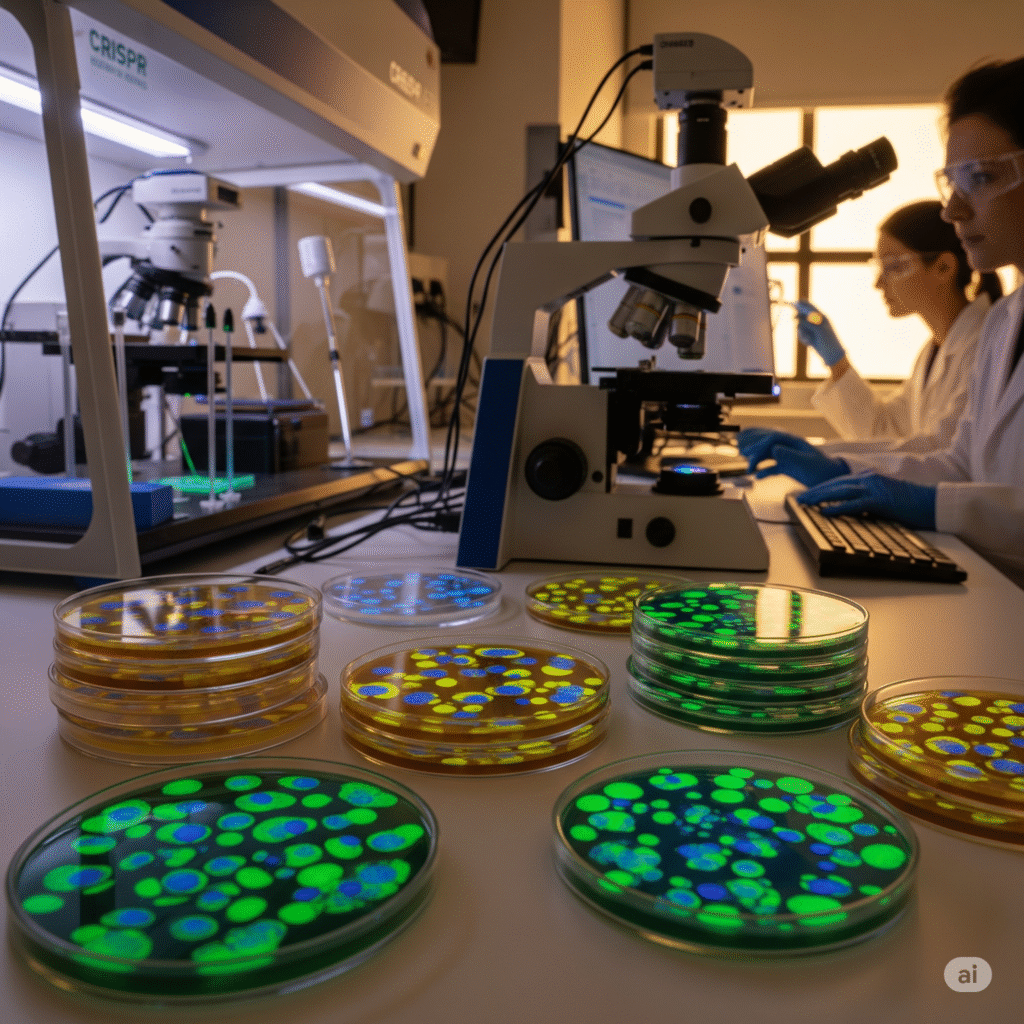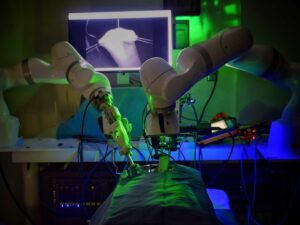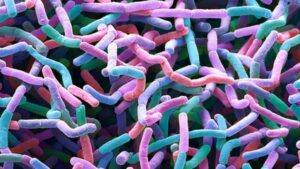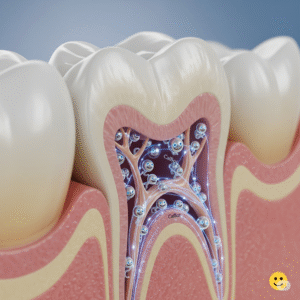Here’s something cool I came across today. Researchers at the Salk Institute used CRISPR to dig deep into the so-called “dark genome” and uncovered tiny microproteins that help fat cells grow and store lipids. One of these may be a real game-changer for treating obesity and its related problems. (Technology Networks)
Why microproteins matter
Most drugs target traditional proteins, but microproteins are underexplored. Using CRISPR screening, the team identified dozens of genes that likely code for microproteins that control fat cell behavior. They confirmed one, called Adipocyte-smORF-1183, really does influence lipid droplet formation. That’s a big lead for new therapies. (Technology Networks)
Real promise beyond GLP-1
Current obesity treatments often involve GLP-1 drugs like Wegovy and Ozempic—but they have side effects and may not work for everyone. Targeting microproteins is a new frontier that could deliver better outcomes with fewer trade-offs. It’s exciting to think what’s lurking in those genetic blind spots. (Technology Networks)
What’s next?
Now the real work begins—testing these microproteins in human cells and eventually models. If they’re validated, it could spark a whole new class of obesity treatments. I’d love to see how quickly this moves from lab to clinic. It’s a story definitely worth watching. (Technology Networks)
Source:
Technology Networks (CRISPR-based microprotein discovery)




